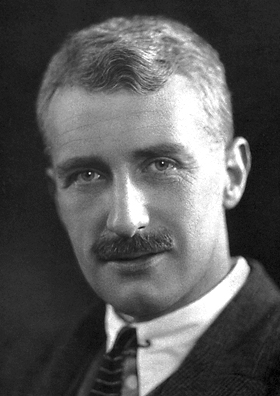The Ethical Dilemma Of Science, Hill, 1960. The Ethical Dilemma of Science and Other Writings https://books.google.com.mx/books?id=zaE1AAAAIAAJ&printsec=frontcover#v=onepage&q&f=false. Rockefeller Univ. Press, pp. 88-89
Archibald Vivian Hill: Frases en inglés
The Ethical Dilemma of Science and Other Writings https://books.google.com.mx/books?id=zaE1AAAAIAAJ&printsec=frontcover#v=onepage&q&f=false (1960, Cap 1. Scepticism and Faith, p. 41)
The Ethical Dilemma of Science and Other Writings https://books.google.com.mx/books?id=zaE1AAAAIAAJ&printsec=frontcover#v=onepage&q&f=false (1960, Cap 1. Scepticism and Faith, p. 41)
